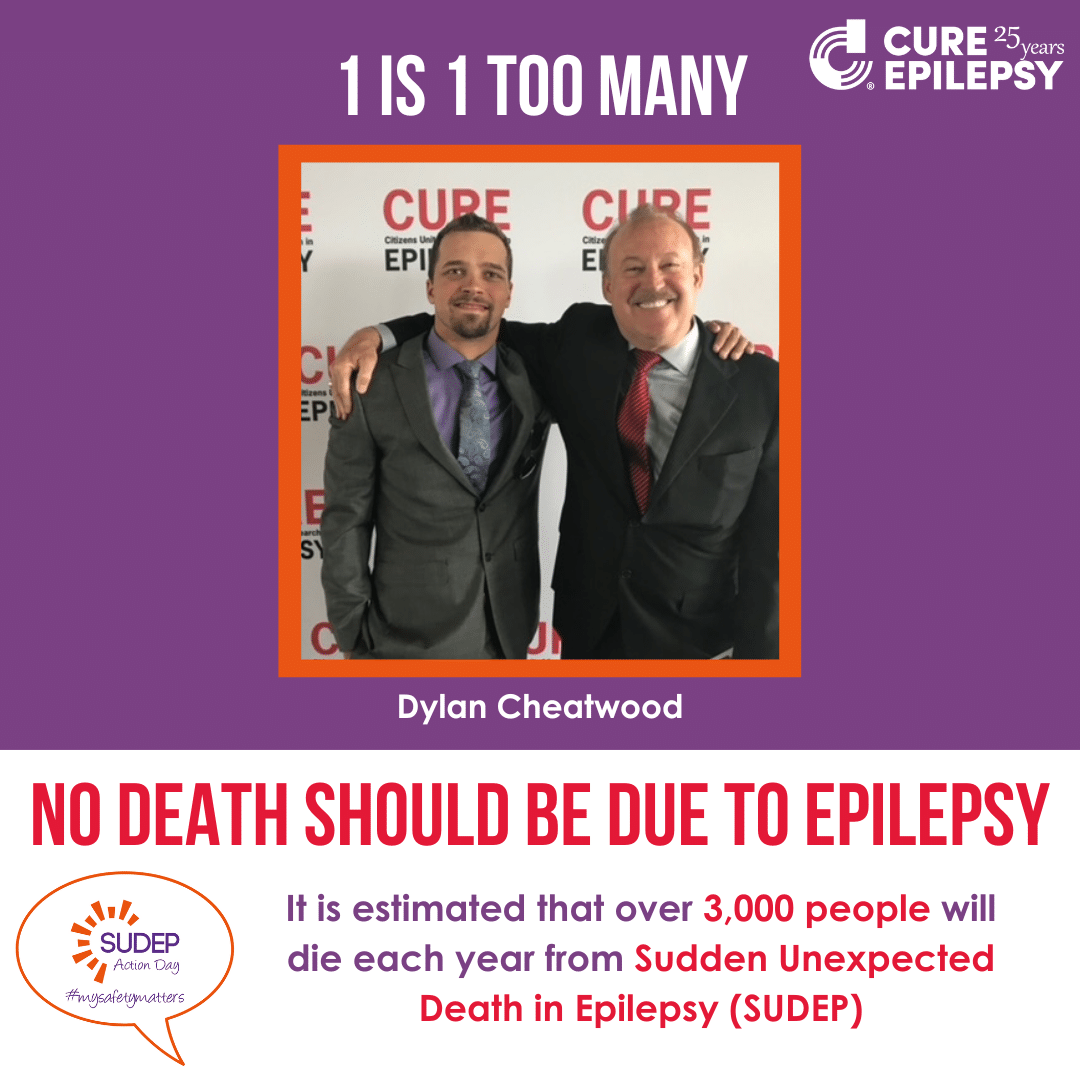Deciphering Key Regulators Involved in Epilepsy-Induced Cardiac Damage Through Whole Transcriptome and Proteome Analysis in a Rat Model
December 23, 2020
Abstract, originally published in Epilepsia
Objective: Sudden unexpected death in epilepsy (SUDEP) is a major outcome of cardiac dysfunction in patients with epilepsy. In continuation of our previous work, the present study was envisaged to explore the key regulators responsible for cardiac damage associated with chronic seizures using whole transcriptome and proteome analysis in a rat model of temporal lobe epilepsy.
Methods: A standard lithium-pilocarpine protocol was used to induce recurrent seizures in rats. The isolated rat heart tissue was subjected to transcriptomic and proteomic analysis. An integrated approach of RNA-Seq, proteomics, and system biology analysis was used to identify key regulators involved in seizure-linked cardiac changes. The analyzed differential expression patterns and network interactions were supported by gene and protein expression studies.
Results: Altogether, 1157 differentially expressed genes and 1264 proteins were identified in the cardiac tissue of epileptic animals through RNA-Seq and liquid chromatography with tandem mass spectrometry-based proteomic analysis, respectively. The network analysis revealed seven critical genes—STAT3, Myc, Fos, Erbb2, Erbb3, Notch1, and Mapk8—that could play a role in seizure-mediated cardiac changes. The LC-MS/MS analysis supported the activation of the transforming growth factor β (TGF-β) pathway in the heart of epileptic animals. Furthermore, our gene and protein expression studies established a key role of STAT3, Erbb, and Mapk8 to develop cardiac changes linked with recurrent seizures.
Significance: The present multi-omics study identified STAT3, Mapk8, and Erbb as key regulators involved in seizure-associated cardiac changes. It provided a deeper understanding of molecular, cellular, and network-level operations of the identified regulators that lead to cardiac changes in epilepsy.






